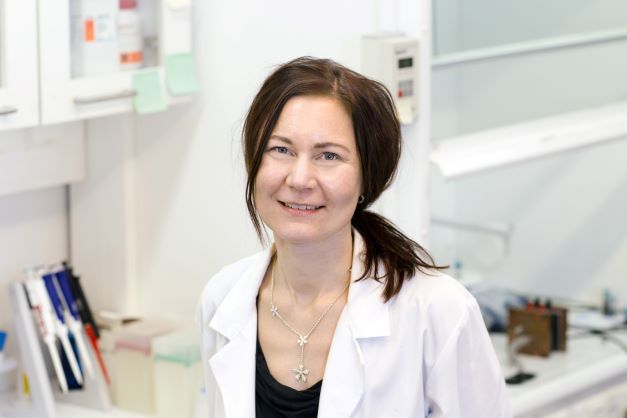The ECO-H2 project aims to enhance the efficiency of green hydrogen (GH) production by developing a novel power conversion system. The main objective of this project is to address a critical technical challenge hindering Finland's carbon neutrality goals, which include achieving Net Zero Emissions by 2035 and producing at least 10% of the EU's zero-emission hydrogen by 2030. This challenge is particularly associated with the low efficiency of GH production due to multiple energy conversion stages. The proposed conversion system will merge two conversion stages between wind power generation and electrolyzers to reduce conversion losses (Figure 1). By designing a high-performance AC-DC power converter and developing an intelligent predictive control technique, the project aims to improve the efficiency of the entire GH production process.
Doctoral student: Mohammadreza Fazli
Supervising professors: Edris Pouresmaeil, Mika Järvinen
Project started: November 2024
In order to realize targets for CO2 reduction in EU and in Finland, a large number of electrolyzer installations will be needed for the planned hydrogen economies, i.e. to realize the production of green hydrogen in large quantities. Regarding the electrolyzer technology, it will be very important how effectively the H2 production takes place in the planned installations. In the Hilla project, we will study the largely unexplored field of fluid dynamical effects in alkaline water electrolyzers. We will use open-source computational tools to characterize the fluid flow – bubble dynamics on the electrolyzer operation and efficiency. A new 3D CFD model will be built during the Hilla project incorporating models for bubble growth, coalescence, detachement and multiphase flow in the electrolyzer.
Doctoral student: Saeed Ronizi
Supervising professors: Ossi Kaario, Ville Alopaeus
Project started: December 2024
Ammonia is a green hydrogen carrier, and its electrochemical synthesis has shown great potential. Recently, lithium-mediated nitrogen reduction (LiNR) has demonstrated significant promise in ambient-condition electrochemical ammonia synthesis, which, however, has poor stability and efficiency due to unstable lithium deposition & solid-electrolyte interphase (SEI) and lack of mechanistic understanding for rational electrode & interphase design. Herein we will precisely engineer the SEI with controlled composition & structure through atomic layer deposition (ALD) and investigate in detail the electrochemical and structural dynamics of SEI during LiNR operation. The results will facilitate the fundamental understanding of the role of
SEI and be used to optimize the electrode & interphase design for efficient LiNR toward commercial relevance.
Doctoral Student: Haoxuan You
Supervising professors: Yaolin Xu, Ville Miikkulainen
Project started: January 2025
RESONATE futures responsible material flows in the hydrogen generation sector. We will introduce material and energy efficient electrocatalyst and electrode structures for hydrogen generation in low-temperature electrolyzers alongside with revolutionary direct recycling of the aged electrodes. Our electrodes enable notable reduction of scarce metal utilization and lifetime without sacrificing the performance. Our innovative recyling process enables reducing the circular environmetal footprint by reducing chemicals and energy used for recovery while improving the share of the recovered matter. Hence, RESONATE will deepen fundamental understanding in electrocatalysis while generaging novel recycling processes.
Supervising professors: Tanja Kallio, Mari Lundström
To be started: June 2025











